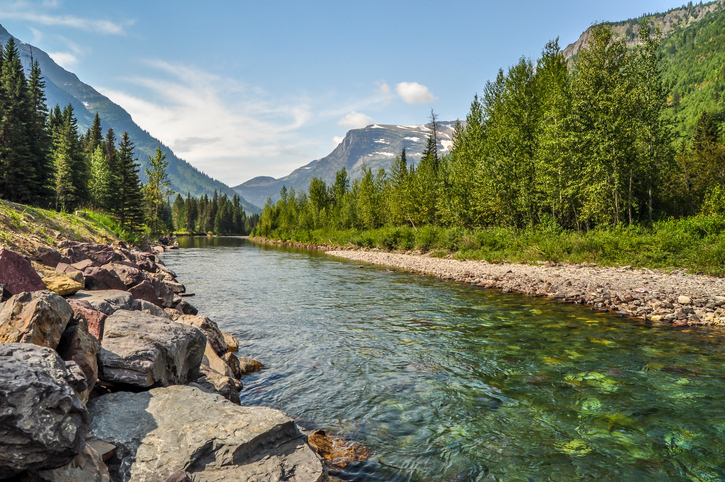There has been a recent push across the country placing “green amendments” at the forefront of the fight to combat climate change and promote environmental justice. Analogous to the rights enumerated in the Bill of Rights, such as freedom of speech or freedom of religion, a green amendment is an amendment to a state Constitution’s Bill of Rights that guarantees its citizens the inalienable right to clean air, clean water, and a healthy environment. These amendments serve to create a constitutional mandate that every citizen has a right to a healthy environment.
To date, green amendments already exist since the early 1970s in Montana and Pennsylvania and since late 2021 in New York. Most recently, committee hearings have been held or are scheduled for hearing in the coming weeks in New Jersey, New Mexico, and Hawaii. Legislators in numerous states, including California, Washington, Vermont, West Virginia, Kentucky, Iowa, and Texas are also backing green amendments to their respective state constitutions. However, because legislative sessions have not begun in some states, the number of bills introducing green amendments could grow. In addition, residents of other states could also circulate ballot initiative petitions.
This past year, Montana’s green amendment was used as the legal underpinning for a climate lawsuit in which plaintiffs argued that the state’s energy policies violated their constitutional rights. The court ultimately ruled that Montana’s energy project permitting laws violated plaintiffs’ constitutional right to a healthy environment. Similarly, in New York, residents near a landfill filed a lawsuit against the New York Department of Environmental Conservation for failing to prevent conditions that degrade their constitutional right to a healthful environment. This case is currently pending in a state appellate court. Although legal outcomes of cases involving green amendment protections have often had mixed results, it is important to note that these lawsuits rarely cite a green amendment as the sole cause of action and often incorporate other laws, regulations, or tort claims.
Advocates of green amendments argue they are an important tool in protecting states from future rollbacks of federal environmental protections and providing a strong foundation for potential legal challenges against projects or legislation that could compromise a citizen’s right to clean air or water. Opponents of these amendments argue they are, in large part, vague and unclear, which creates legal uncertainty and promotes numerous and expensive legal challenges and frivolous lawsuits.
Although it is almost certain we will see an increase in the number of bills advocating for green amendments across the country this year, whether these bills will actually become law remains less clear. For example, just last week a green amendment proposal failed to make it out of the legislative committee in the state of Washington. Additionally, even if a bill makes it out of committee, it may take some state legislatures years to pass. Therefore, the future of green amendments and how they may be adopted and/or interpreted by the courts in their final form remains to be seen.

